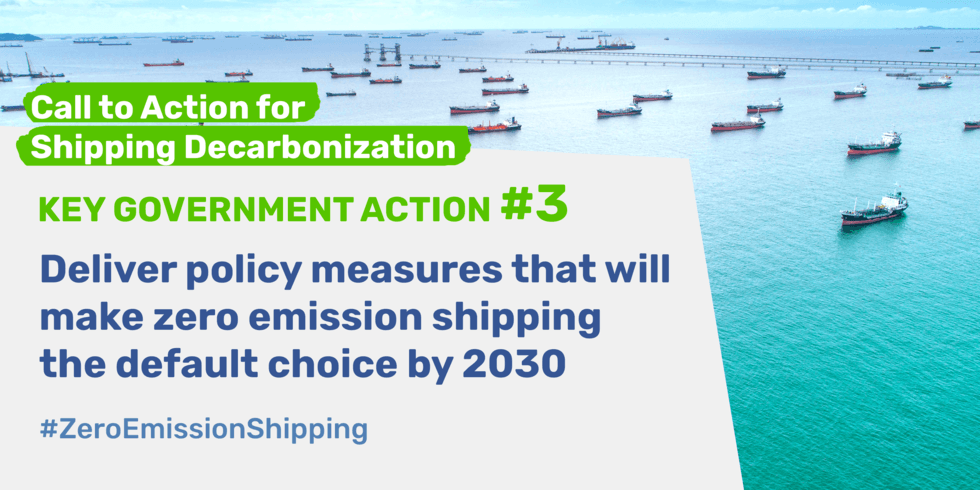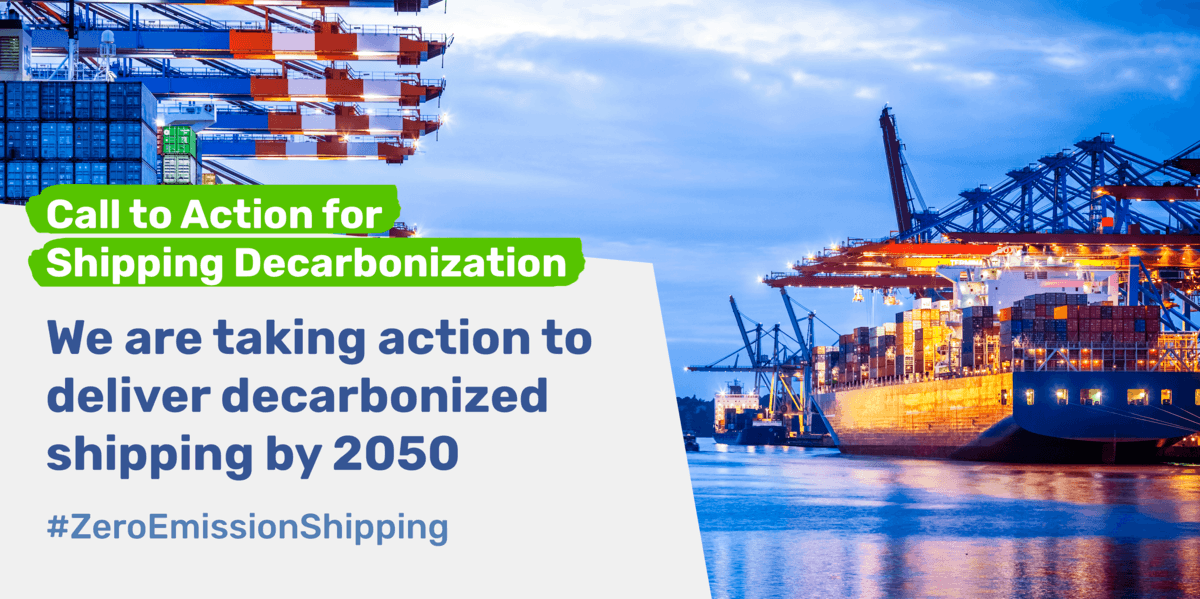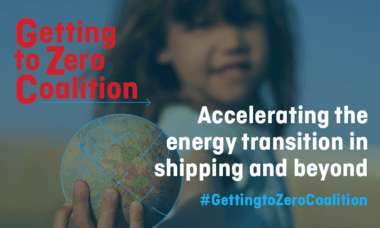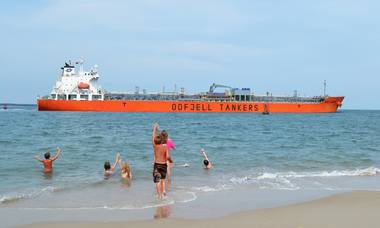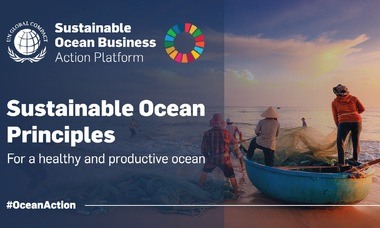“Full decarbonization of international shipping is urgent and achievable.” This is the clear message from the 155 signatories, representing the entire maritime value chain, including shipping, cargo, energy, finance, ports, and infrastructure.
The Call to Action comes in conjunction with the UN General Assembly and ahead of critical climate negotiations at COP26 in Glasgow this November. Industry players from around the world now call on governments to work together with the industry to “deliver the policies and investments needed to reach critical tipping points in decarbonizing global supply chains and the global economy.”
“By using existing technology, we have in Odfjell reduced our fleet’s carbon intensity by more than 30% since 2008, and our efforts continue with full speed. As stated in our climate targets, we fully believe that we can reach zero emission by 2050, but we cannot do it alone. Broad collaboration within and across industries and countries is needed, and we fully stand behind this strong call to action to governments.”
Øistein Jensen, Chief Sustainability Officer, Odfjell
The shipping sector is already taking big steps to decarbonize. Among the initiatives in Odfjell, and in the industry at large, are investing in various R&D and pilot projects, developing zero-emission vessels, new technology and fuel alternatives, assessing and disclosing the climate alignment of shipping-related activities, and many more. Now, the industry urges governments to take action to supercharge the transition.
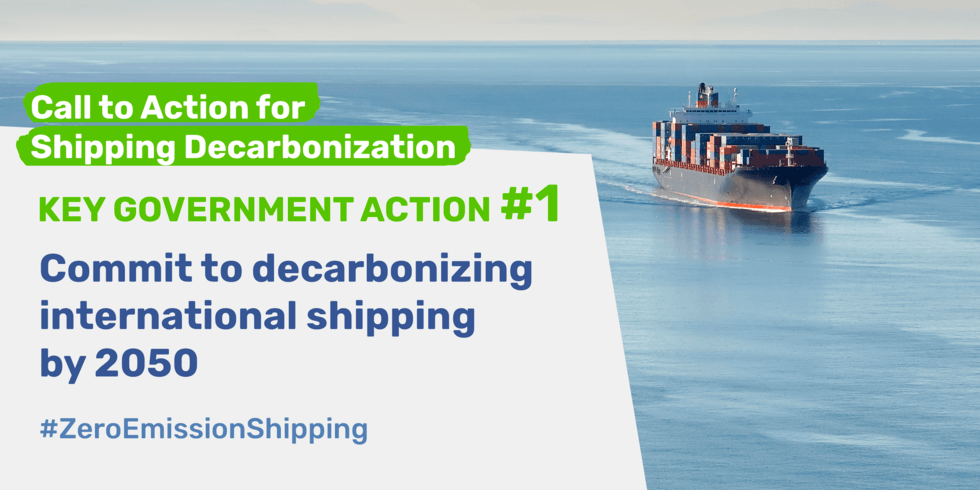
Signatories of the Call to Action for Shipping Decarbonization call on world leaders to:
- Commit to decarbonizing international shipping by 2050 and deliver a clear and equitable implementation plan to achieve this when adopting the IMO GHG Strategy in 2023.
- Support industrial scale zero emission shipping projects through national action, for instance by setting clear decarbonization targets for domestic shipping and by providing incentives and support to first movers and broader deployment of zero emissions fuels and vessels.
- Deliver policy measures that will make zero emission shipping the default choice by 2030, including meaningful market-based measures, taking effect by 2025 that can support the commercial deployment of zero emission vessels and fuels in international shipping.
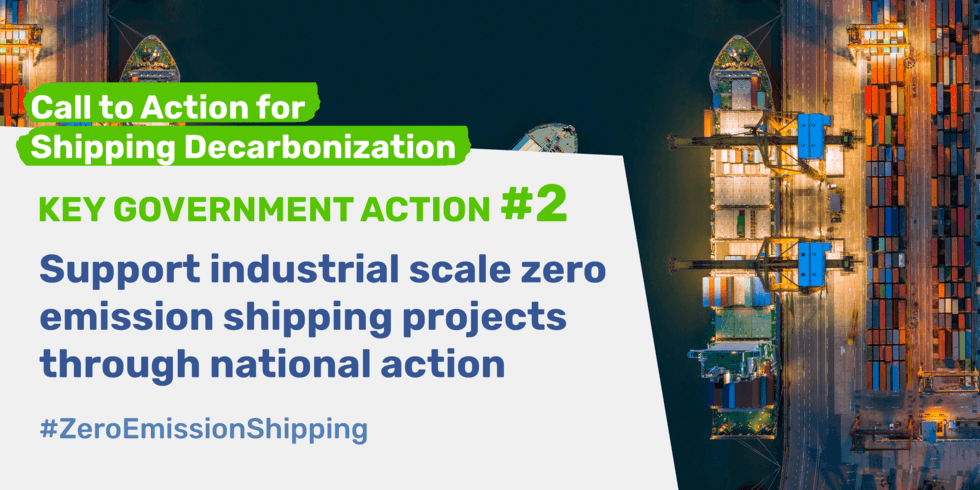
The Call to Action for Shipping Decarbonization has been developed by a multi-stakeholder taskforce convened by the Getting to Zero Coalition – a partnership between the Global Maritime Forum, the World Economic Forum, and Friends of Ocean Action.
Learn more about the Call to Action for Shipping Decarbonization and see the complete list of Signatories:
Call to Action for Shipping Decarbonization
Report on Climate Commitments by Signatories to the Call to Action for Shipping Decarbonization
